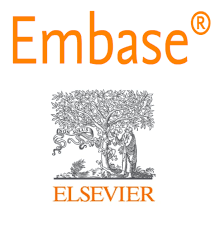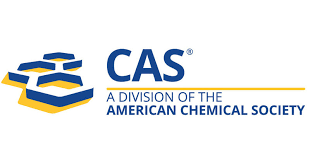A Study on Obsessive compulsive disorder (OCD) and its Risk Factor Profile and Short Term Pharmacological Outcomes in Obsessive Compulsive Disorder in Haldia: A Cross Sectional study
Keywords:
Obsessive compulsive disorder (OCD), SSRI.Abstract
Background: Obsessive compulsive disorder (OCD) arises from an interplay of genetic liability and modifiable environmental exposures. Evidence on how these risks translate into treatment outcome in ordinary clinical settings remains limited. Objective: To map key risk factors for OCD in a convenience sample of adults and to evaluate 12 week outcomes of guideline concordant medical management. Methods: Forty two DSM 5 OCD patients underwent structured risk factor interviews, baseline Yale Brown Obsessive Compulsive Scale (Y BOCS) rating and then received high dose selective serotonin reuptake inhibitor (SSRI) therapy plus weekly exposure and response prevention (ERP). Multivariable logistic regression identified independent risks; paired t tests compared pre/post Y BOCS. Results: Mean age 29.4 ± 8.7 y; 57 % women. Family history of OCD/tic spectrum (adjusted OR 4.5, p = 0.01), ≥1 adverse childhood experience (ACE) (aOR 3.4, p = 0.03) and stressful life event in the prior 12 months (aOR 2.9, p = 0.04) were significant risks. After 12 weeks, mean Y BOCS fell 41 %, and 63 % met the ≥35 % response criterion. Conclusion: Familial loading and early psychosocial adversity are the strongest correlates of OCD in this sample, while combined SSRI + ERP yields robust short term symptom relief in routine practice.
.png)









